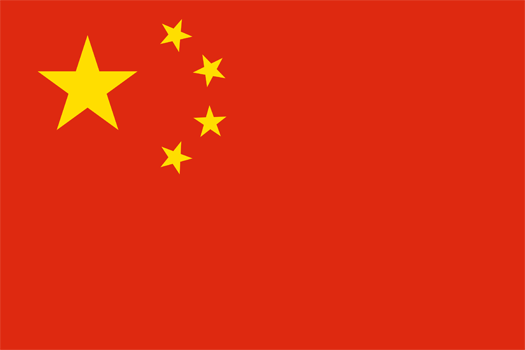OpenAI Shuts Door on China: Implications for the Global AI Tech War


OpenAI has decided to restrict access to its services in China. This decision is not just a business maneuver but a strategic escalation in the ongoing global tech war.
Artificial Intelligence has become a cornerstone of technological advancement and economic power. Countries around the world are investing heavily in AI research and development, recognizing its potential to revolutionize industries, improve efficiencies, and create new opportunities. Among these nations, the United States and China are at the forefront, each vying for dominance in the AI domain.
OpenAI's Strategic Decision
OpenAI, one of the leading AI research organizations based in the United States, has been at the cutting edge of AI development. Their models, including the renowned GPT series, have set new benchmarks in natural language processing and machine learning. However, the decision to restrict access to these models in China marks a significant shift in strategy.
Why Did OpenAI Restrict Access?
Several factors likely contributed to OpenAI's decision:
Geopolitical Tensions: The escalating tensions between the United States and China over technology and intellectual property have created a challenging environment for tech companies. OpenAI's decision can be seen as a response to these broader geopolitical dynamics.
Security Concerns: There are growing concerns about the use of AI technologies in ways that might not align with the values and ethical standards upheld by OpenAI. Restricting access could be a way to mitigate potential misuse.
Regulatory Landscape: Navigating the complex regulatory landscape in China poses significant challenges. Compliance with local laws, data privacy regulations, and other legal requirements can be cumbersome.
Competitive Advantage: By limiting access, OpenAI might be looking to maintain a competitive edge over Chinese AI companies, which are rapidly advancing in the field.
On Chinese Companies
Chinese tech companies, which have been leveraging OpenAI's technologies to develop their own AI solutions, will face significant disruptions. This could slow down their progress and force them to seek alternative sources or develop their own models from scratch.
On the Global AI Ecosystem
The global AI ecosystem, which thrives on collaboration and knowledge sharing, might see increased fragmentation. This move could lead to the formation of isolated AI ecosystems with limited interaction and collaboration between them.
Innovation thrives on diversity and collaboration. By restricting access, there is a risk that the pace of innovation could slow down, as Chinese researchers and developers are cut off from some of the latest advancements in AI technology.
AI Geopolitics
This move is a clear indication of how AI is becoming a central element in global geopolitics. Countries are increasingly viewing AI not just as a technological tool but as a strategic asset. This could lead to more aggressive policies and actions aimed at securing AI supremacy.
Ethical Considerations
The ethical use of AI is a major concern. By restricting access, OpenAI might be aiming to ensure that its technologies are used in ways that align with its ethical standards. This raises important questions about the role of AI developers in shaping the use of their technologies.
Economic Implications
The economic implications of this decision are profound. China, which has been investing heavily in AI, might see a slowdown in its AI sector. This could impact its economic growth and its position as a global tech leader.
Future of AI Collaboration
The future of AI collaboration is now more uncertain. OpenAI's decision could lead to a more fragmented global AI landscape, where countries and companies operate in silos. This could hinder the progress of AI development and the realization of its full potential.
Potential Responses from China
China is unlikely to take this decision lightly. Possible responses could include:
Accelerated Development: China might accelerate its own AI development efforts to reduce reliance on foreign technologies.
Policy Measures: The Chinese government could implement policy measures to support local AI companies and mitigate the impact of OpenAI's decision.
International Collaboration: China might seek to strengthen collaborations with other countries and organizations to access advanced AI technologies.
Conclusion
OpenAI's decision to shut the door on China marks a significant escalation in the global AI tech war. This move has immediate impacts on Chinese companies and the global AI ecosystem and broader implications for AI geopolitics, ethics, and economics. The future of AI collaboration is now more uncertain, and the global tech landscape is poised for further shifts. As the world watches these developments unfold, it is clear that the battle for AI supremacy is far from over.